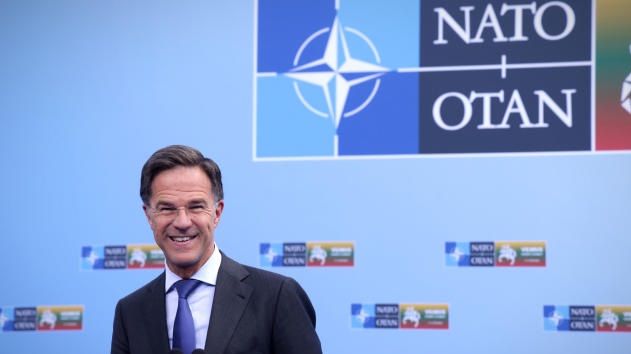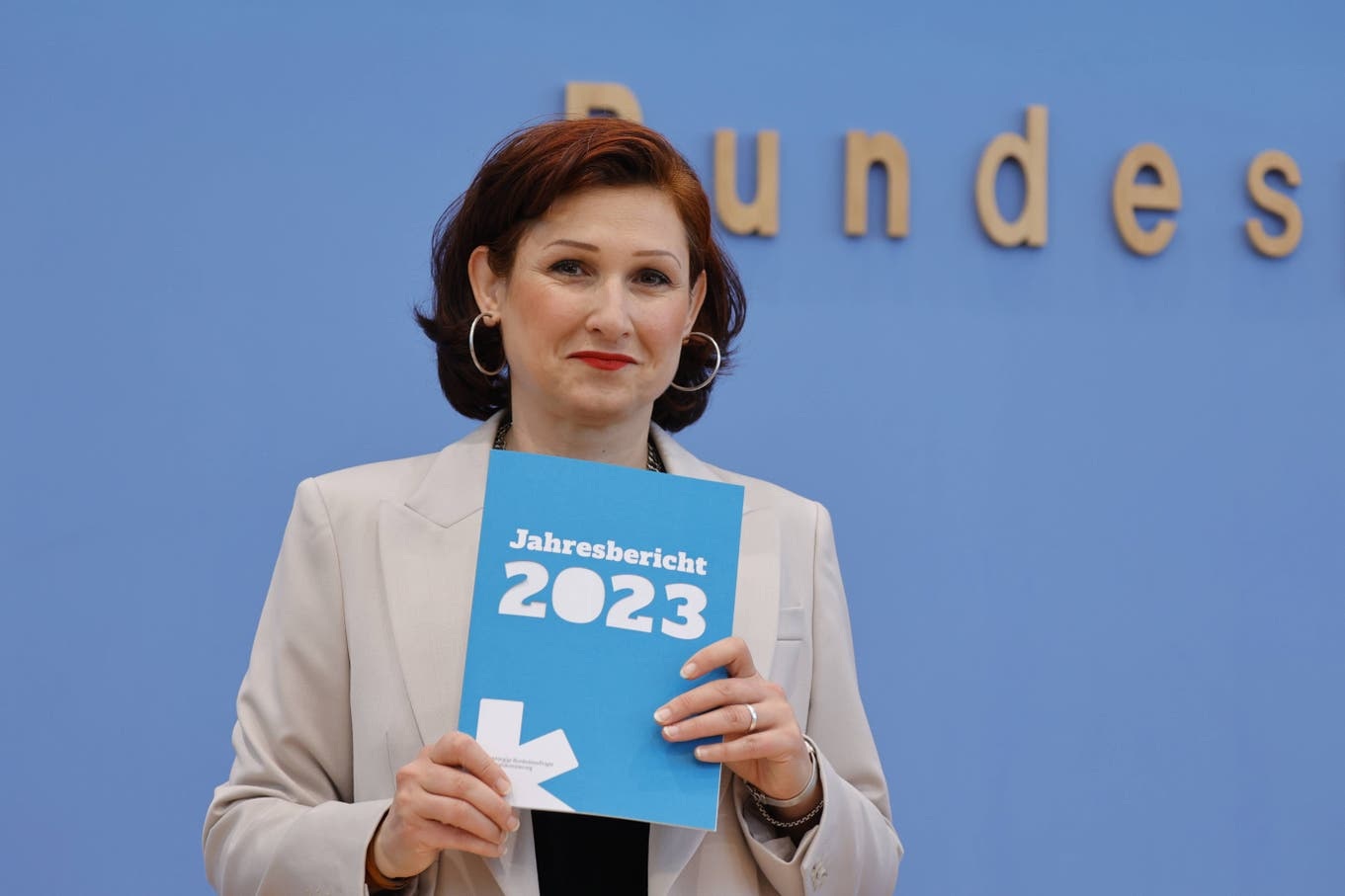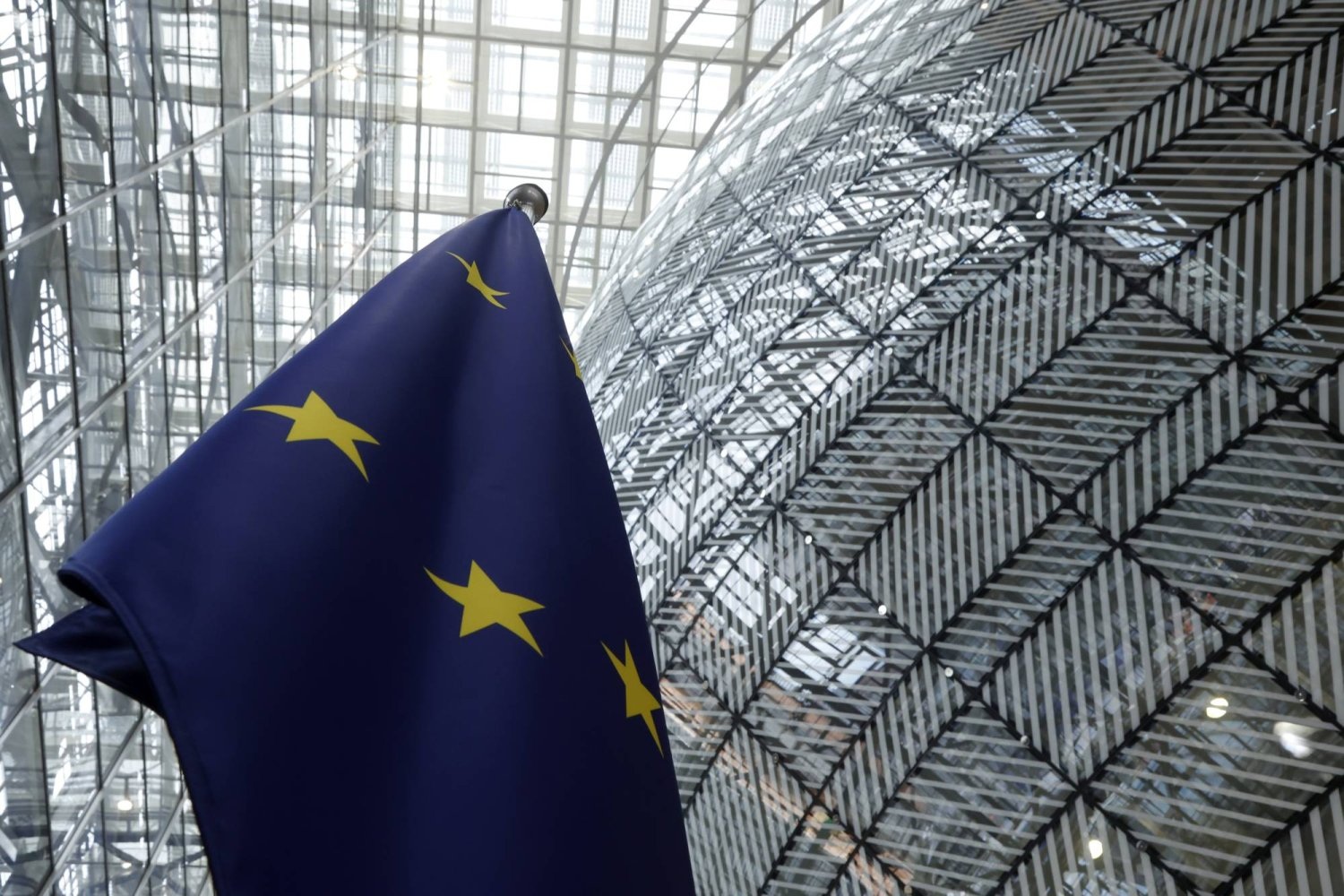European Centre for Counterterrorism and Intelligence Studies, Germany & Netherlands – ECCI
5 challenges for NATO’s next chief Mark Rutte
politico — When Mark Rutte moves into his office at NATO, he won’t get much of a honeymoon period.The outgoing Dutch prime minister’s campaign to be secretary-general ended on Thursday when he secured the backing of all 32 NATO allies (with Romania, the last holdout, announcing its support). The incumbent, Jens Stoltenberg, is due to step down by Oct. 1.Rutte, who has been running the EU’s fifth-largest economy for 14 years, is widely praised as an effective consensus builder, while also showing resolve in supporting Ukraine, including recent Dutch efforts in training Ukrainian pilots to fly F-16 fighters.But even for a seasoned politician, the next chapter of Rutte’s political career won’t be a walk in the park. Here are the top five tough topics he’ll have to deal with.
1. The possible return of Donald Trump
Four weeks after Rutte starts his new job, Americans go to the polls and could reelect Donald Trump, a NATO skeptic.On the campaign trail, Trump has threatened to cut U.S. aid to Ukraine if he gets back into the White House. If he follows through, it could deal a severe blow to NATO allies’ credibility in helping Ukraine defend itself against Russia, given that the U.S. has by far been the biggest military aid donor to Kyiv.
Trump’s reelection will also almost surely derail NATO’s plan to prepare Ukraine for its future membership, including efforts to complete the Westernization of Ukraine’s originally Soviet-style military.NATO countries last year promised that they “will be in a position to extend an invitation to Ukraine to join the alliance when allies agree and conditions are met.”Judging from Trump’s recent characterization of Ukraine’s President Volodymyr Zelenskyy, however, that commitment looks shaky.
Zelenskyy “may be the greatest salesman of any politician that’s ever lived,” Trump told a campaign event last week. “He just left four days ago with $60 billion [after signing a 10-year security agreement with President Joe Biden], and he gets home and he announces that he needs another $60 billion. It never ends.”
2. Putin’s winter attack on Ukraine
As soon as Rutte enters office, Ukraine will be calling him for help as winter approaches.Over recent months, Russia has stepped up strikes against Ukraine’s thermal power plants and dams — infrastructure that takes months if not years to fully repair.The Kremlin playbook is not new. During the first winter of wartime, between 2022 and 2023, Ukraine’s power grid was severely attacked.
The key, says outgoing NATO chief Stoltenberg, lies in more air defense systems that could protect energy suppliers, as well as maintenance staff working to repair damaged facilities.NATO countries are also battling to send — or, in the case of Rutte’s own country, build — air defense systems. But Europe doesn’t have that many to send, progress in the U.S. was delayed in Congress, and countries close to Russia are less than willing to give up their air shields at this dangerous time.
3. Getting NATO members to pay up
NATO this week celebrated a record-breaking number of allies reaching the 2 percent of GDP target on defense spending — 23. Indeed, the Netherlands just passed that threshold this year after years of falling short.But this means a third of the alliance is still not hitting the mark, despite making that pledge 10 years ago.Southern European nations are among the worst offenders.
In Italy, the 2024 estimates see a slight drop from an already low 1.5 percent last year. Spain will only spend 1.28 percent this year. Its neighbor Portugal committed 1.55 percent.”The poor record from our Mediterranean friends is the perfect weapon for Trump,” said a senior diplomat from the Baltic region who was granted anonymity to speak freely about the mood within NATO. The region has been a strong advocate for a tougher approach to Russia.
Closer to Trump’s turf, however, things are equally bad. Canada, a member of NATO right from the beginning in 1949, is committing only 1.37 percent of GDP, recording 0.1 percent growth since the start of Russia’s war against Ukraine.
4. Eastern flank grievances
Countries bordering Russia are not Rutte’s biggest fans.They were angry about low Dutch defense spending and are particularly upset that the top role at NATO has always gone to a Western or Northern European, even though eastern flank countries have been in the alliance for a quarter of a century.
Estonian Prime Minister Kaja Kallas didn’t enter the NATO top job race after being told she wouldn’t get the support of countries such as the U.S., France and Germany (she’s now the frontrunner to be the next EU foreign policy chief). They feared her appointment would be seen by Moscow as an escalation in hostilities. Romania’s President Klaus Iohannis, who did run for the job, got only Hungary — briefly and only for tactical reasons — to support him.
Eastern flank countries will now likely ask for better representation at the secondary level of NATO: the deputy secretary-general (DSG) position, and the various assistant secretary-general (ASG) posts.Job distribution has been a sore point for eastern countries for some time. While the outgoing DSG is Romanian, all seven ASGs are from the West — two from the U.S., one each from Germany, the Netherlands, Britain, Italy and France. Another ASG job is vacant.Indeed, one of Rutte’s first tasks as NATO chief would be to name a deputy, and there’ll be pressure for him to appoint somebody from an eastern country.
5. Europe’s Putin-loving leaders
It’s not just Trump whom Rutte will have to convince to keep NATO alive and well.Across Europe, NATO-skeptic and Putin-loving far-right parties are blossoming.France, for instance, is on the cusp of a parliamentary election that could see major gains for the far-right National Rally — forcing Stoltenberg to make a rare plea to Paris to “keep NATO strong” in an interview with POLITICO.
Rutte, of course, knows this story all too well. In a way, he started considering the NATO top job when it became clear that his center-right People’s Party for Freedom and Democracy would lose the Dutch election to the far-right Party for Freedom of Geert Wilders, which duly happened.
Wilders, asked last year about his view of Russian leader Vladimir Putin, told Russian propaganda outlet RT: “I applaud him as I applaud Mr. Trump for being leaders, who are standing there on behalf of the Russian and the American people.”One thing Rutte doesn’t need to fear: His new job won’t be boring.
European Centre for Counterterrorism and Intelligence Studies, Germany & Netherlands – ECCI



